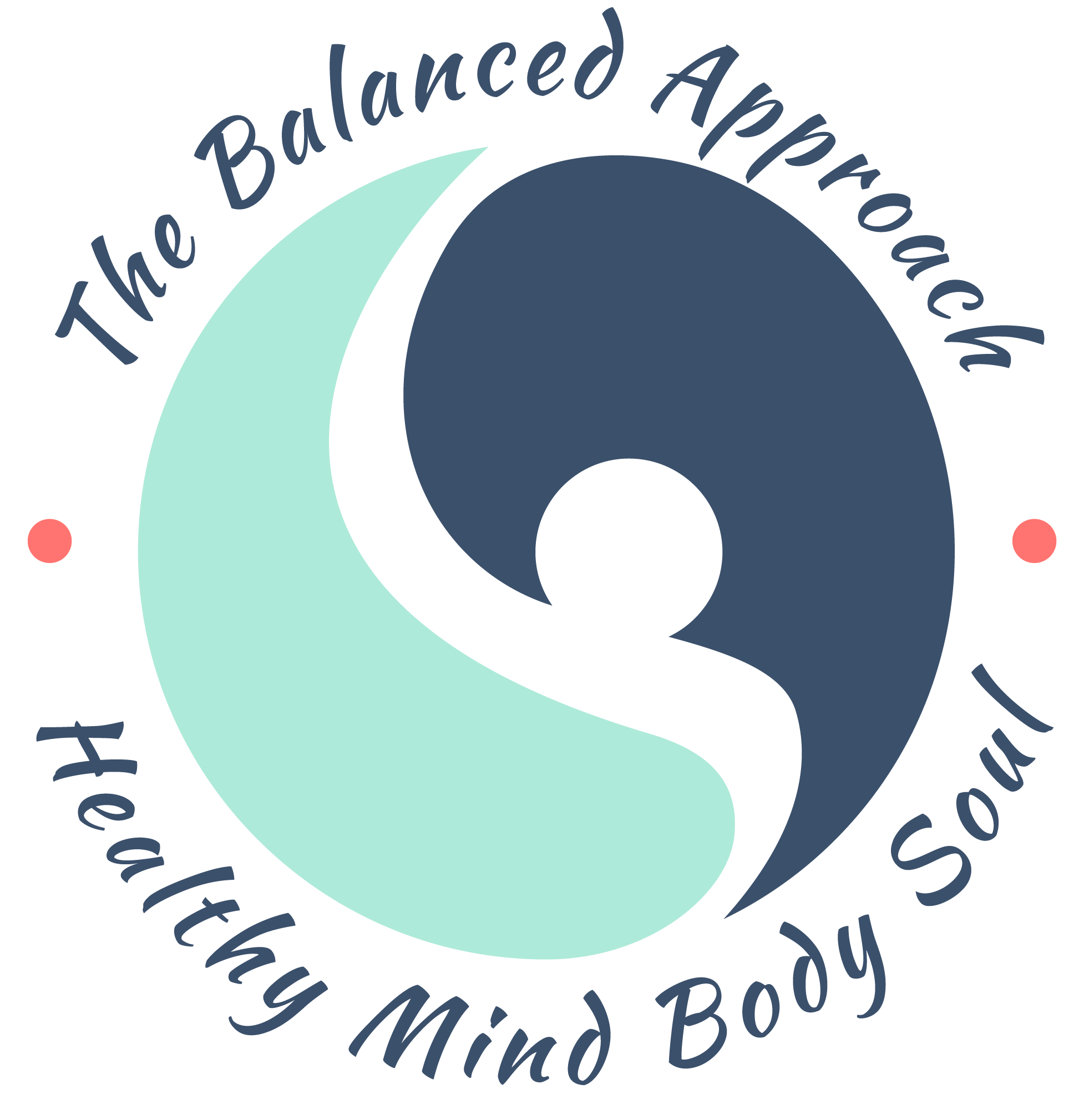I am often asked about artificial sugars, with the implication being that surely they are OK to have – calorie free so why wouldn’t they be a good substitute? Well the word ARTIFICIAL should be enough of a red light when considering their nutritional status. I have been investigating and here is what I found out about the various sugar alternatives available…
Saccharin – is the oldest sugar substitute around. Discovered in 1879, it became a popular additive in the 20th century. Even though as early as 1911, health concerns surrounded it! Research published in the 1970s in Science linked saccharin to bladder cancer in animals… but despite this, it was not banned and is still used today!
Aspartame – you probably know it as Equal and NutraSweet, found in sooooo many food and drink products. Studies have shown that it can cause imbalances in your brain; aggravate migraines; and affect your nervous system, your moods, and even your quality of sleep… not a great choice!
Sucralose – also known as Splenda, it is found again in SO many products on our supermarket shelves. This sugar alternative is 600 times sweeter than sugar. Research has found that consuming sucralose regularly can decrease the amount of “good” gut bacteria by 50 percent. Gut bacteria are essential for promoting a healthy digestive system and regular bowel movements, which is kind of important don’t you think? Sucralose has been shown to produce significant weight gain in studies, and it contains chlorine! A pool cleaning ingredient into my coffee…delicious!
High-Fructose Corn Syrup – High-fructose corn syrup (HFCS) I have mentioned previously. According to figures out of the United States the availability of HCFS has increased over 1000% since 1970. Now, I realise we are not the States, but a lot of our food manufacturing is heading down a similar path….food for thought?
Agave Nectar – is a sweetener made from the agave plant, a common succulent found in Mexico. It’s been labeled a healthy sweetener, resembles honey and is 100 percent natural. Reads like a good alternative but it is actually has a stack of fructose (up to 90%) and is highly processed.
So are there any good sugar alternatives left for those that want to sweeten their foods?
Stevia is calorie free and does not cause a rise in your blood sugar levels – remember that is what we are trying to avoid. It originates from a herb in South America and has been used there for centuries. It is much sweeter than sugar, so you need to use less.
Natvia is a new healthier sugar alternative released on the Australian market. They take the sugar from the tips of the Stevia plant which are even sweeter. Again you will need to play around with different levels to find the right amount of sweetness that suits you.
Xylitol – though it sounds artificial, it is a sugar alcohol sweetener used as a naturally occurring sugar substitute. It is found in the fibers of many fruits and vegetables, as well as fibrous material such as corn husks and sugar cane. Xylitol is roughly as sweet as sucrose. It does have less calories than sugar — about a 1/3 — and is used in many chewing gums, toothpastes etc. (Source: Wikipedia). Not great, but not that bad either…
So what do you do if you want to sweeten your foods nutritiously and naturally? Stay tuned for next week’s post, all about spices!
Be Healthy Happy and Amazing!
Caroline x

